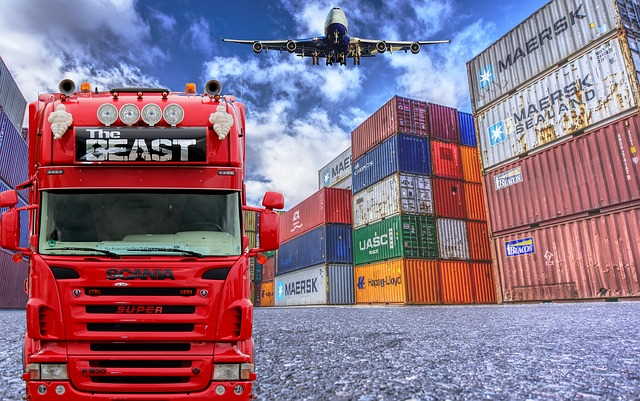Cape Town, – Transport and logistics are soaring in Africa, with further rapid growth predicted for years to come.
That’s the word from the World Economic Forum and African Continental Free Trade Area (AFCFTA) organisation in a new forecast report released in Davos, Switzerland in January.
By AFCFTA estimates, maritime trade will increase from 58-million to 132-million tons by 2030, while the region will increase intra-African freight demand by 28% by the same year. Some two-million trucks, 100 000 rail wagons, 250 planes and more than 100 vessels will be required to meet the demand.
At the same time it’s hardly a secret that global supply chains have been severely disrupted in the three years since Covid-19’s unwelcome arrival.
As much as the logistics sector is growing, these upheavals have created massive tremors in global markets, putting immense pressure on businesses to meet customer demand.
This demand has grown exponentially as online retail has taken off. New customers are constantly being encouraged to shop online while existing ones are expanding the range of products they’re willing to buy online. FNB Merchant Services CEO Thokozani Dlamini believes South Africa’s e-commerce market will be worth some R400-million by 2025.
Key to customers’ online purchasing decisions is how effectively their items will be delivered, and online retailers need to make sure their logistics partners are always one step ahead of the game, particularly in an unstable supply chain environment.
This is especially true of last-mile delivery, which can be costly if not managed properly. When demand spikes, quality infrastructure needs to be integrated into the shipping process to handle the orders, and these costs are then passed on to consumers.
In 2023, price and the need for affordable delivery will be crucial, says Lars Veul, CEO of South African smart logistics platform and click & collect specialist Pargo.
To this end, Veul believes, digitisation of the industry will take centre stage this year as companies continue leveraging smart technology and innovation to better customer service delivery and experiences.
Some of the innovations to look out for in 2023 include:
Live tracking
Monitoring an order from placement to delivery benefits both consumers and retailers. Shoppers will be safe in the knowledge their purchases are on the way, while businesses can spot any problems that may arise and address them quickly. SMS/email notifications on a parcel’s supply chain journey are non-negotiable.
Delivery options for everyone
In South Africa, the demand for online shopping in townships and smaller rural towns has increased significantly, but often delivery to homes is challenging. Couriers either don’t operate in these areas or can’t get access to addresses in large estates or complexes.
This is why it’s important to offer a range of delivery options. Pargo’s Click & Collect business model, for example, offers South Africans from all walks of life convenient and reliable delivery to an access point of their choice, whether near home or work. It’s now possible to order for a family online in one province and have the order delivered to a convenient store near them in another province.
Customer-centred digital solutions
If a seamless end-to-end delivery journey where the customer is always put first is the goal, then investing in technology, systems and solutions is a must. Veul says because his company has been afforded the opportunity to team up with many key retail partners, these technologies are even more essential.
Social commerce awareness
Selling on social media platforms is the new frontier of e-commerce, and smaller businesses can thrive thanks to the democratisation of these platforms. However small, medium and micro enterprises do not have as much cash at their disposal, and need to cut down on delivery costs as much as possible. For them it’s important to partner with delivery specialists with an excellent track record for delivering on time and without hassle. Missed or late deliveries can cost both parties financially and from a reputational point of view.












